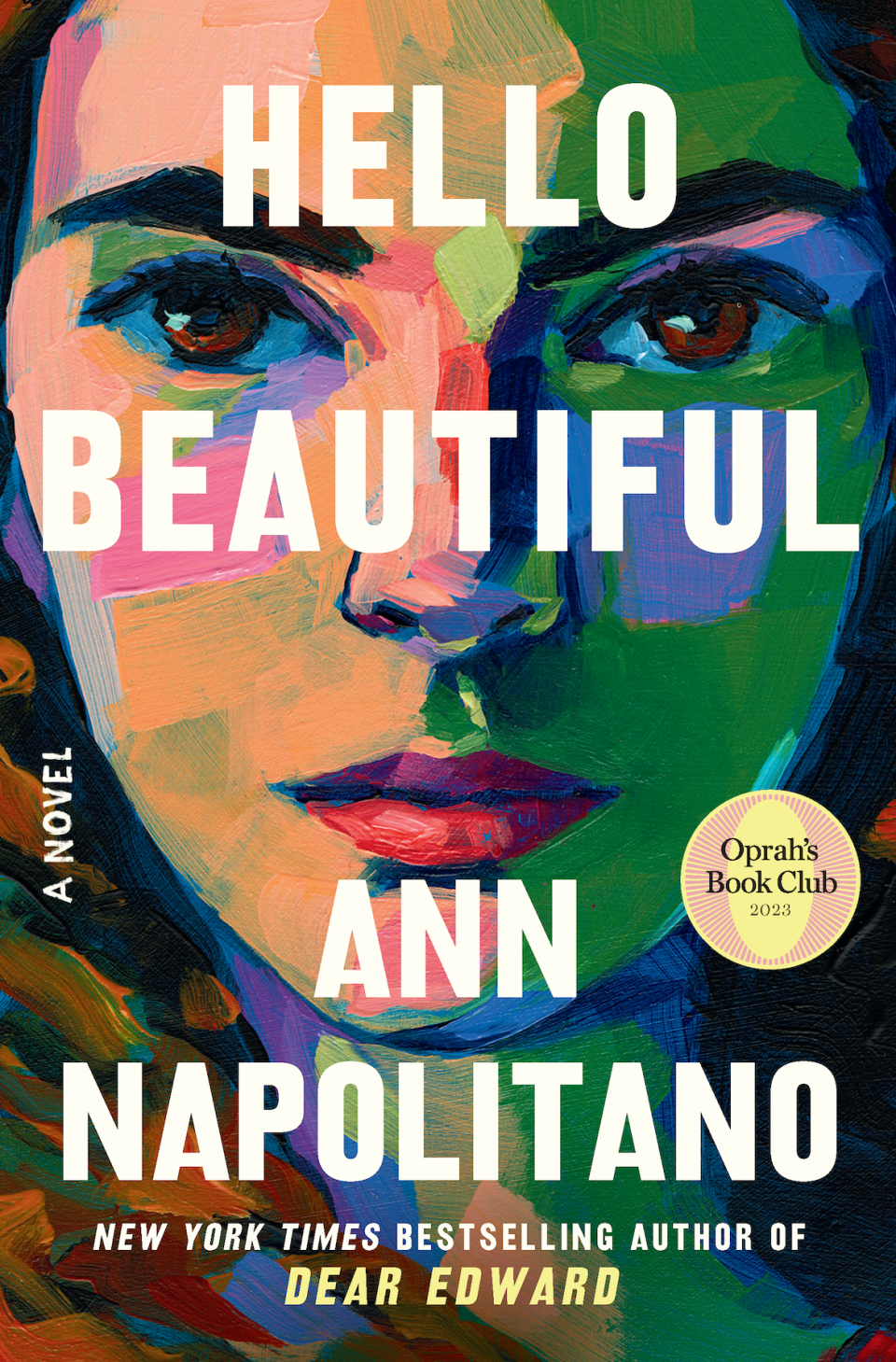The Four Tips That Helped Me Write My Books

- Oops!Something went wrong.Please try again later.
- Oops!Something went wrong.Please try again later.
"Hearst Magazines and Yahoo may earn commission or revenue on some items through these links."
Ever dream of writing your own memoir or novel? Have you spent hours thinking about it but just can’t find the time or inspiration to get your fingers on the keyboard? Or have you hit a certain page and gotten stuck—over and over? Try this advice from Ann Napolitano, who used it not just for her latest novel, Hello Beautiful, which is the 100th Oprah’s Book Club selection, but the three previous ones, including Dear Edward.
1. Quantity, quantity, quantity
Write as often as you can. Even if you can only manage five minutes of writing a day, do that. The more stories you write, and the more characters you create, the stronger your feel for your strengths and weaknesses will be. There’s a wonderful Isak Dinesen quote: “Write a little bit every day, without hope and without despair.”
2. Call out to your friend on the riverbank
Find a reader (or readers) who will be kind and tell you the truth about your work. No matter how talented or experienced you are, you need another pair of eyes to tell you what you’re doing badly and what you’re doing well. You’re in the river with the work, and you need someone on the bank of the river to call out: Head left, there’s a waterfall up ahead; slow down here, etc. Two writers I went to graduate school with—Helen Ellis and Hannah Tinti (check out their amazing books!)—are the first people to read anything I write. But perhaps your partner or sister or lawyer friend might be the perfect reader for you.
3. Take the easy way
Whenever I’m stuck in a story and there’s a narrative problem I don’t know how to solve, I hear my friend Helen ask: What does the easiest solution look like? This question has proved incredibly helpful to me over the years. For example, let’s say you’re writing about a couple that you know needs to break up, but one of them is conflict-averse, and the other character’s mother just showed up and you’re thinking that because this scene is complex that means the answer needs to be complex, too (this is a trap I often fall into). But the first step is to simply answer Helen’s question: What’s the easiest solution that results in them breaking up? Mostly likely, this is one of the characters saying: “I don’t want to be with you anymore.” Now, to be clear, this might not be the right answer for your story and your characters, but it often is. And even if it’s not, it’s usually instructive in shaping your next step.

Hello Beautiful: A Novel
amazon.com
4. Use your magnet board
When I teach fiction writing, I always tell my students to pay attention to their obsessions. I tell them to imagine that we each have a specifically calibrated magnet board inside us, and that we have to pay attention to whatever thwacks against our board. Which articles do you find yourself reading? Which photographs do you tear out of magazines? Which questions do you reflexively think about when you close your eyes at night? Your magnet board is calibrated differently to your partner’s or best friend’s or even your twin sister’s. And it’s imperative that you listen with intention to what thwacks against your board, because the world is so noisy. We are inundated with information every hour of every day, and so it’s entirely possible to go through your life without realizing which subjects, pieces of art, or stories call out to you. If you’re a writer or an artist, your obsessions are critically important, because they’re connected to your themes. We don’t have to understand why a certain story sticks to our board—in fact we probably won’t—but we need to make sure we’re listening and paying attention when it does. The writer and artist Amy Krouse Rosenthal had a lovely piece of art that said: Pay attention to what you pay attention to.
Ann Napolitano is the author of Hello Beautiful , the 100th Oprah’s Book Club pick, and Dear Edward, which was published in 2020 and adapted for an Apple TV+ series. Her novel A Good Hard Look is a national bestseller, and Within Arm’s Reach was adapted for theater.
You Might Also Like

